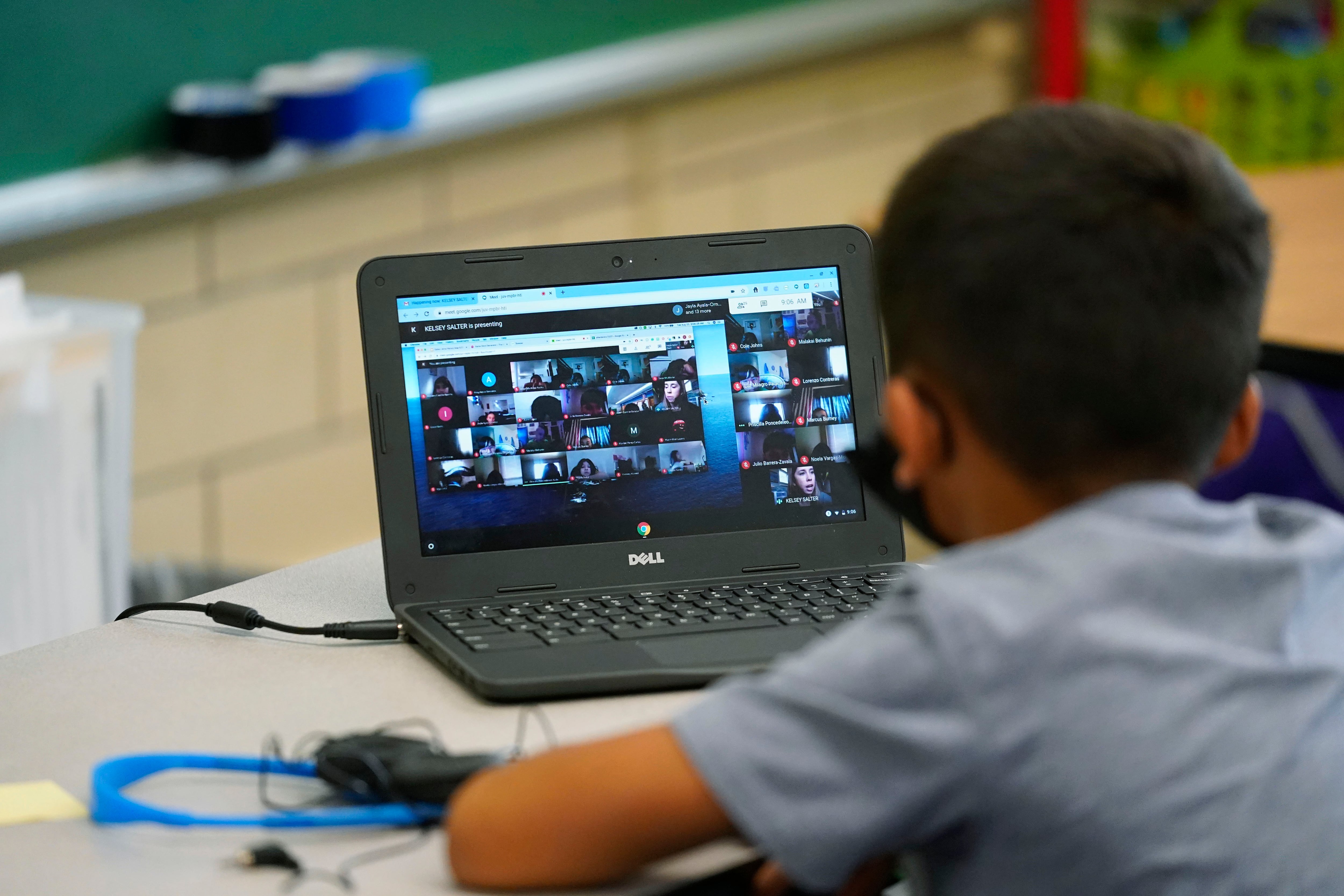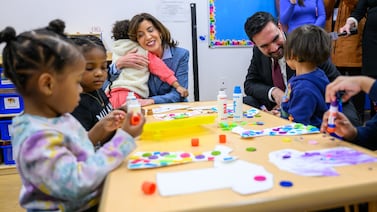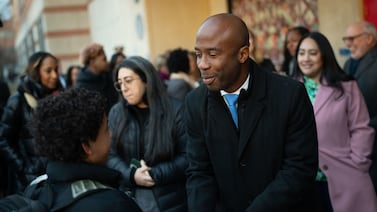Only about a fifth of Chicago students who were eligible to attend summer school programs completed them this year.
Slightly more than a quarter of students the district flagged for its Summer Bridge program — for elementary and middle school students who did not meet criteria to advance to the next grade — finished that program. But because of a policy change amid the pandemic, all those students were automatically passed on to the next grade, even if they did not participate in summer school.
Nationally, some educators saw the summer session as an opportunity to make up for a spring rife with disruption from the coronavirus outbreak. But for a variety of reasons — from technological hurdles to families yearning for a break from sometimes dispiriting remote learning experiences — many students in Chicago and other districts did not enroll in the entirely online program.
“While the district hoped that more eligible students would participate in voluntary virtual summer learning to mitigate learning loss, we also recognize that challenges related to the ongoing pandemic likely exacerbated existing barriers to participation,” Chicago Public Schools said in a statement.
The 300,000-student district flagged more than 58,600 students as eligible for summer programs. About 21,600 enrolled, and just more than 14,200 completed them.
Only about 10% of elementary and middle students eligible for a special program for English language learners enrolled and completed it. A higher proportion of students with special needs participated in an extended school year program: Roughly half of 5,700 students finished that program.
Chicago did not have the number of students eligible for Summer Bridge in previous years readily available, but it said about two-thirds of students who enrolled in that program in each of the past two years completed it, compared with more than 68% in 2020. About 4,430 students enrolled in Summer Bridge in 2019; 8,635 did this past summer.
The district touted its summer efforts to expand student access to computers and the internet, and said its leaders are “encouraged by a significant increase in participation from the spring.”
Officials stressed all summer learning was optional for students, though schools highly recommended it for those who were eligible.
With a dearth of meaningful data to evaluate remote learning, student participation numbers offer a rare and important window.
Last spring, slightly more than 5% of the grades that high school students received were non-passing grades, according to districtwide data. In elementary schools, a significantly higher portion got incompletes — about 10% of elementary students overall. That percentage, which represented a marked increase over previous years, meant many more elementary students qualified for summer school.
The district said that because remote participation for younger students depends more on parent support, schools stepped up efforts to reach out to families over the summer.
“We are confident that students will have an improved remote learning experience this fall,” the district’s statement said.






